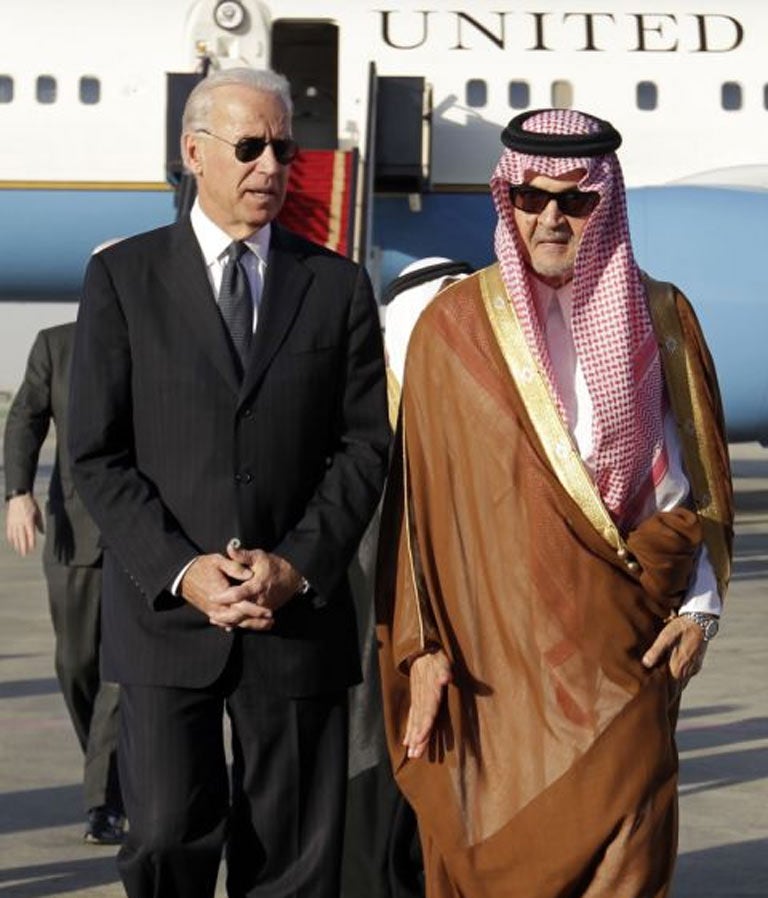Nayef to become heir to Saudi throne as kingdom clings to conservatism

The Saudi Interior Minister, Prince Nayef bin Abdul Aziz, is likely to be appointed heir to the country's throne by King Abdullah in the next few days in a move likely to reinforce the kingdom's rigid political, social and religious conservatism.
Prince Nayef, believed to be 78, becomes Crown Prince after the death of his brother Prince Sultan from cancer in a New York hospital last week.
Although he has a reputation for reactionary views on women's rights, democracy and almost everything else, so little is known about Prince Nayef, despite his holding important jobs for 60 years, that even his date of birth and the exact number of his wives and children are uncertain.
King Abdullah, who is officially 87 but may be older, has had a reputation for seeking very limited reforms in Saudi Arabia but in practice has done very little.
The succession of Prince Nayef is therefore unlikely to make much difference to the ruling family's centuries-old compact with Wahhabi religious fundamentalism or its 60-year alliance with the US.
The Saudi royal family has always placed strong emphasis on unity to retain their grip on power.
The strength of Prince's Nayef's position is that he is a member of the Sudairi Seven, who are all children of the favourite wife of King Ibn Saud, who founded Saudi Arabia in 1932.
Prince Nayef was a full brother to Prince Sultan and King Fahd, who died in 2005 and was succeeded by his half-brother Abdullah. Prince Nayef is now the most important of the Sudairis.
Prince Nayef's personality and views are shadowy. A cable from the US State Department released by WikiLeaks describes him as "elusive, ambiguous, pragmatic, unimaginative, shrewd and outspoken", although there are few examples of his outspokenness.
The American diplomat writing the cable described him as "a conservative pragmatist convinced that security and stability are imperative" to preserve Saudi rule and the future of Saudi Arabia.
This is probably true, but the same could be said of the rest of the upper ranks of Saudi royals. Prince Nayef's elevation comes as the US Vice-President, Joe Biden, visits the kingdom.
The succession is of heightened significance in a year in which the Arab awakening has weakened or overthrown many traditional Saudi allies as well as some of its enemies.
The Saudi ruling elite was shocked when Egypt's Hosni Mubarak was forced out of power in February and the whole political status quo in the Arab world seemed to be capsizing.
There were pro-democracy demonstrations in neighbouring Bahrain and Yemen followed by popular revolt in Syria. The Saudis had already been dismayed by the Shia and Kurds taking power in Iraq after Saddam Hussein's overthrow in 2003.
Subscribe to Independent Premium to bookmark this article
Want to bookmark your favourite articles and stories to read or reference later? Start your Independent Premium subscription today.

Join our commenting forum
Join thought-provoking conversations, follow other Independent readers and see their replies